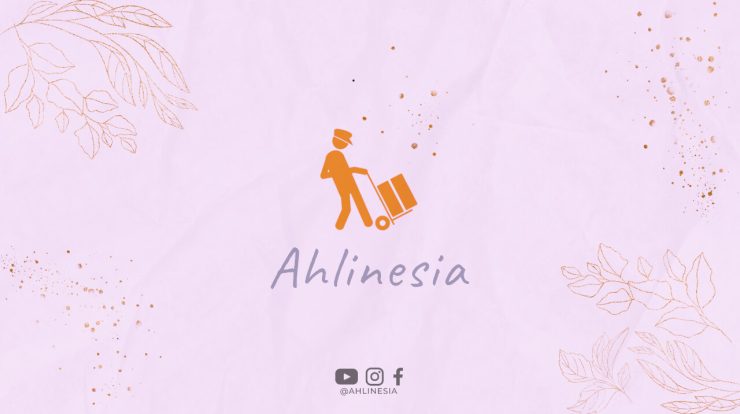
If you’re considering studying in Australia, you may be wondering what qualifications are required. Australia has a reputation for offering high-quality education, which attracts thousands of international students each year. Whether you’re interested in pursuing a bachelor’s degree, a master’s degree, or a diploma, here’s everything you need to know about the qualifications required to study in Australia.
English Language Proficiency
One of the primary qualifications you’ll need to meet is the English language proficiency requirement. Since English is the primary language of instruction in Australian universities, you’ll need to demonstrate your language skills. The most widely accepted English language tests are the International English Language Testing System (IELTS), Test of English as a Foreign Language (TOEFL), Pearson Test of English (PTE), and Cambridge English: Advanced (CAE).
Each university may have its own minimum score requirements, so it’s crucial to check the specific requirements of the institution you’re applying to. Generally, a minimum overall score of 6.5 on the IELTS or equivalent is required for undergraduate programs, while postgraduate programs may require a higher score.
Academic Qualifications
Along with English language proficiency, you’ll also need to meet the academic qualifications required by Australian universities. The specific requirements vary depending on the level of study and the program you’re interested in.
For undergraduate programs, you’ll typically need to have completed the equivalent of an Australian Year 12 qualification. This may include a high school diploma or its equivalent in your home country. Some programs may also have specific subject prerequisites, such as mathematics or science.
For postgraduate programs, you’ll generally need to have completed a bachelor’s degree or its equivalent. Some programs may require a certain level of academic achievement or specific prerequisites related to your chosen field of study.
Recognition of Prior Learning (RPL)
If you don’t meet the standard academic qualifications required for your desired program, you may still have options. Australian universities often consider Recognition of Prior Learning (RPL), which takes into account your prior education, work experience, and other relevant skills.
RPL can be particularly beneficial for mature students or those with non-traditional educational backgrounds. It allows you to showcase your knowledge and skills, potentially gaining credit towards your chosen program.
Visa Requirements
In addition to meeting the academic and English language proficiency requirements, it’s important to ensure you meet the visa requirements to study in Australia. You’ll need to apply for a student visa, which has specific criteria that must be met.
One of the key requirements is having a Confirmation of Enrollment (CoE) from a registered Australian institution. This confirms that you have been accepted into a course of study. You’ll also need to demonstrate sufficient funds to cover your tuition fees, living expenses, and health insurance.
Student Health Cover
Speaking of health insurance, it’s worth noting that international students in Australia are required to have Overseas Student Health Cover (OSHC). This provides access to medical and hospital services and is a mandatory requirement for the duration of your student visa.
When applying for your student visa, you’ll need to provide evidence that you have obtained OSHC from an approved provider. The cost of OSHC will vary depending on the duration of your study and the level of coverage you choose.
Financial Capacity
As mentioned earlier, you’ll need to demonstrate sufficient funds to cover your tuition fees, living expenses, and health insurance. The Australian government sets minimum financial requirements for student visa applicants.
At present, the Department of Home Affairs requires evidence of at least AUD 21,041 per year to cover living costs for the main student. Additionally, you’ll need to show that you have enough funds to cover your tuition fees for the duration of your course.
Conclusion
Studying in Australia offers a wealth of opportunities, but it’s essential to meet the qualifications required by Australian universities and visa regulations. Ensuring you have the necessary English language proficiency, academic qualifications, and financial capacity will increase your chances of securing a place at your desired institution. Remember to research and check the specific requirements of each university and program you are interested in, as they may have additional prerequisites.






